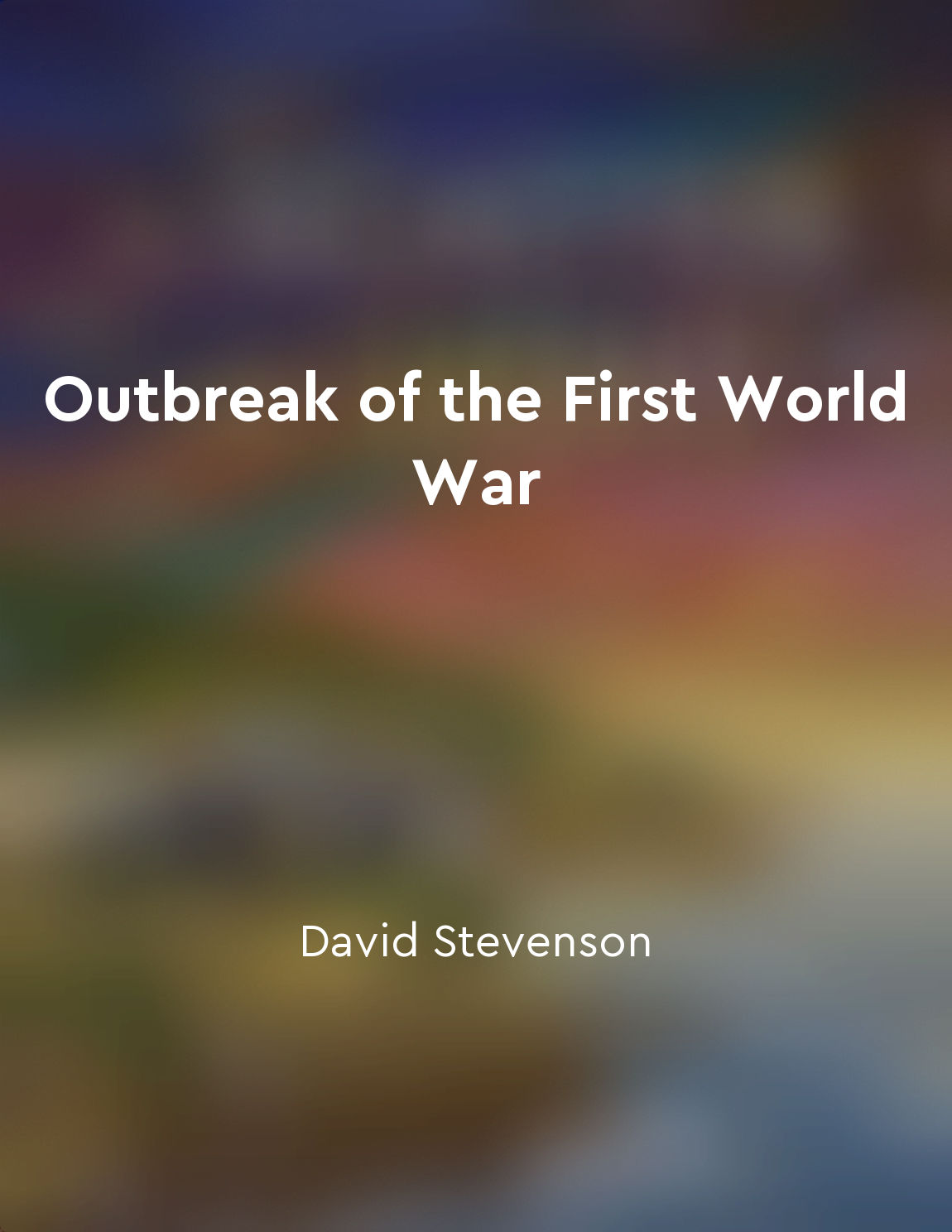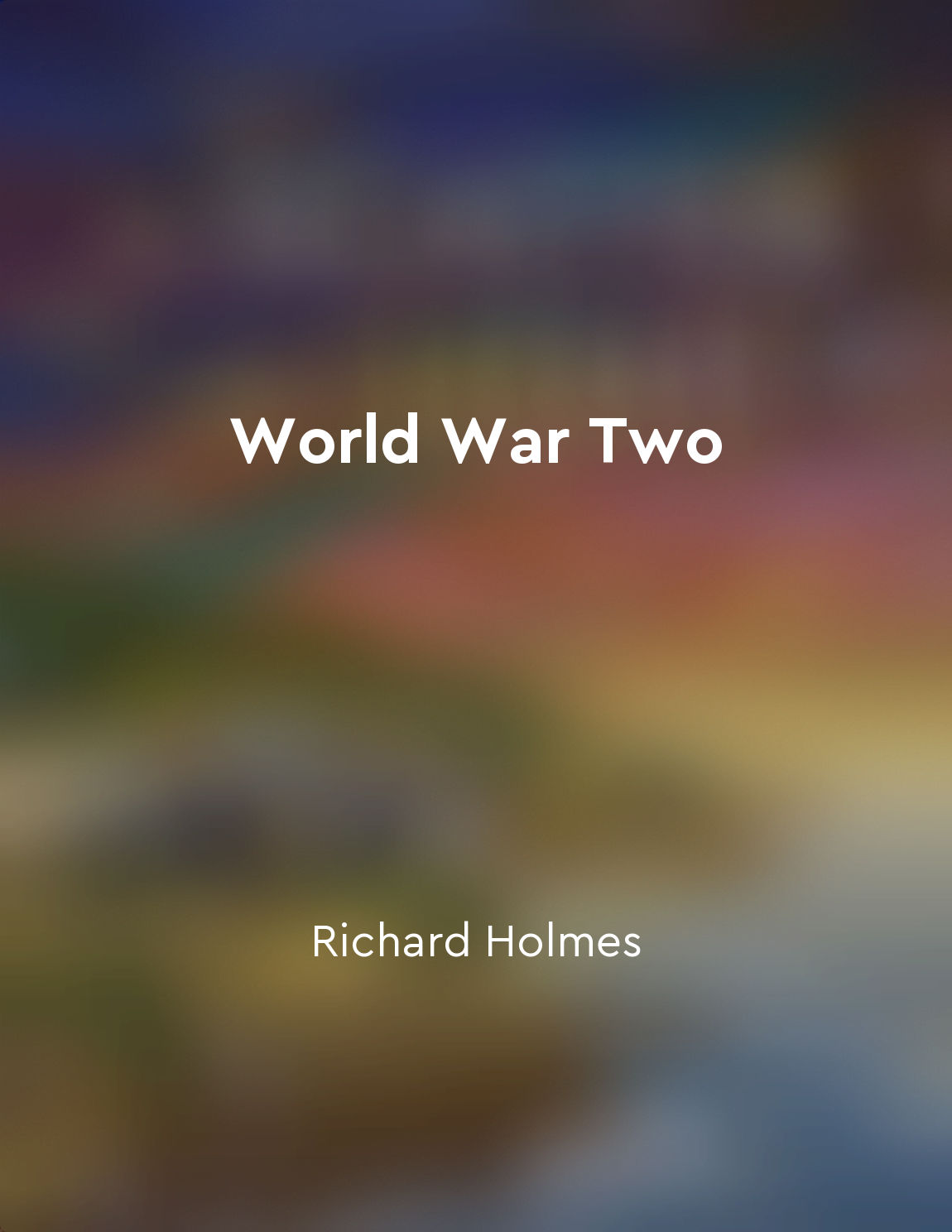The war ushered in a new era of warfare from "summary" of The Pity Of War by Niall Ferguson
The Great War signalled a seismic shift in the nature of warfare. Gone were the days of traditional battles fought on open fields between armies in brightly colored uniforms. Instead, the conflict gave birth to a new era of industrialized warfare, where technology and mass mobilization played a central role. The war saw the widespread use of machine guns, tanks, airplanes, and chemical weapons, all of which transformed the battlefield into a deadly and chaotic environment. These new weapons of war brought unprecedented levels of destruction and carnage, leaving behind a trail of devastation and death on an unimaginable scale. Moreover, the Great War witnessed the mobilization of entire societies for the war effort. Governments on both sides of the conflict tapped into their populations, enlisting millions of men to fight in the trenches while women took on new roles in factories and on farms. This total war approach blurred the lines between the military and civilian spheres, forever changing the way wars were fought. The war also had a profound impact on the way nations waged economic warfare. Countries resorted to blockades, propaganda, and economic sanctions to weaken their enemies, leading to a new form of conflict that extended beyond the battlefield. The war ushered in a new era where economic power and resources played a crucial role in determining the outcome of conflicts.- The Great War marked a turning point in the history of warfare. It introduced new technologies, strategies, and ideologies that would shape the nature of conflict in the 20th century and beyond. The legacy of the war continues to influence military thinking and strategy to this day, serving as a stark reminder of the horrors and consequences of modern warfare.
Similar Posts
The constitution should be based on reason
A constitution should be based on reason, for it is through reason that humans are able to govern themselves in an orderly and ...
The war exposed the realities of modern warfare
The Great War was supposed to be a brief and glorious conflict, a demonstration of national power and military might. However, ...

Economic strains and shortages
The economic strains and shortages that pervaded Europe in the years leading up to the First World War were a result of a combi...
Treaty of Versailles imposes harsh terms on Germany
The Treaty of Versailles, signed in June 1919, was intended to bring an end to the First World War and ensure lasting peace in ...

Mobilization of military forces
The mobilization of military forces was a pivotal aspect in the outbreak of the First World War. This process involved the rapi...

Rebuilding efforts initiated
Following the devastation of World War Two, countries around the world were faced with the monumental task of rebuilding what h...

